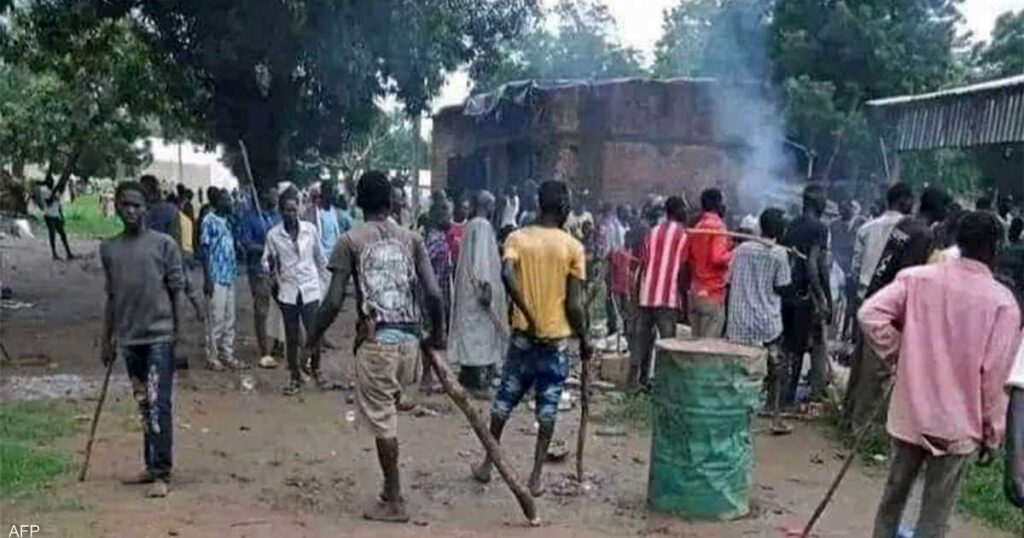Ramadan Yassin, the Blue Nile State’s humanitarian aid commissioner, issued a warning about the region’s challenging and perilous humanitarian circumstances.
According to him, the severity of the security situation and the lack of logistical support make it very difficult for relief workers to reach the impacted individuals.
A medical source in the city of Damazin, the capital of the border state with Ethiopia, told Sky News Arabia that the city’s hospitals receive dozens of wounded and injured around the clock; He explained that most of the injured were fired, amputated, and burns in separate parts of the body.
The major issue, according to the source, is that hundreds of injured persons are having a tough time getting to hospitals because of the intense security tension.
According to social activist Hassan Al-Aqab Hassan, who spoke to Sky News Arabia over the phone from the city of Damazin, there is a lot of stress in the area as a result of the fighting’s expansion and the burning operations that have harmed the region’s commercial and agricultural regions.
Renewal
The new clashes are part of a series of violence that prevails in the region since last July between the “Hawsa” tribe and other tribal groups due to disputes over the civil administration in the region, which includes more than 8 ethnic groups.
Official statistics estimated the number of victims of the clashes until September at 105 dead; However, independent reports indicated that more than 400 people were killed until that date.
The sentence forewarns that it is challenging to determine the precise number of fatalities because of the geography of the area and the difficulty in getting to the majority of the impacted settlements.
Tens of thousands of residents fled their homes after the first fighting broke out in July in search of safety in other parts of the country’s centre and north, but most of them have just lately returned after agreeing to a protracted cease-fire.
Tribal tensions in the Blue Nile region have recently caused significant effects and spread to other parts of the country’s east and centre, raising concerns about the possibility of a larger tribal warfare.
food shortage
Because of the clashes, thousands of families lost shelter and economic activity, as most of the region’s residents depend on agriculture and grazing.
In light of concerns that the region, which is regarded as one of the most important agricultural areas in Sudan, may not have a successful summer growing season, reports of a severe food crisis in the conflict areas spoke with expectations of a significant worsening in the conditions of food security.
Observers and volunteer activists warn that the recent events will cause a bigger setback in the region; they point out that attempts to promote peaceful coexistence between the people of the region clash with the unfairness that results from a significant amount of victim preparation.
fresh tribal fighting in the Blue Nile region results in 178 deaths.

